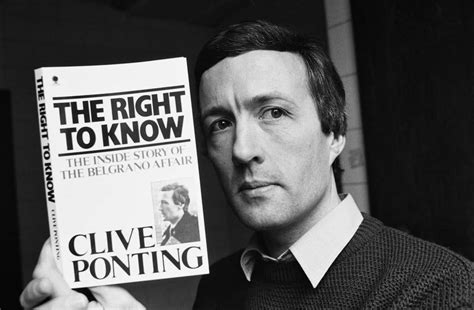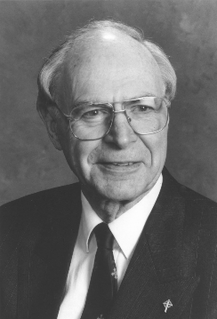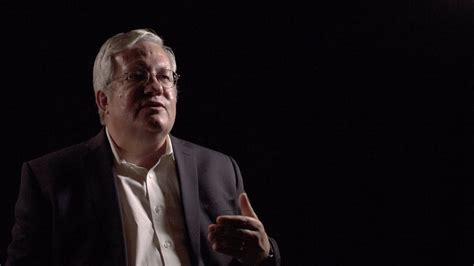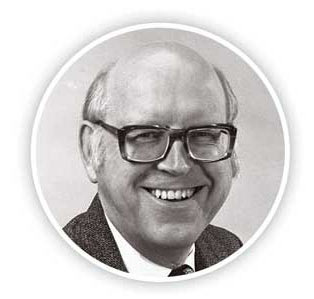A Quote by Clive Ponting
Until the late-nineteenth-century the House of Commons maintained a formal ban on the reporting of its debates.
Related Quotes
Why consider debates in the English House of Commons in 1628 along with documents on American developments in the late eighteenth century? The juxtaposition is not capricious, because the Commons during this period generated many of the ideas that were later embodied in the government of the United States.
Most of what I read is for reviewing purposes or related to something I want to write about. It's slightly utilitarian. I definitely miss that sense of being a disinterested reader who's reading purely for the pleasure of imagining his way into emotional situations and vividly realized scenes in nineteenth-century France or late nineteenth-century Russia.
Given that the nineteenth century was the century of Socialism, of Liberalism, and of Democracy, it does not necessarily follow that the twentieth century must also be a century of Socialism, Liberalism and Democracy: political doctrines pass, but humanity remains, and it may rather be expected that this will be a century of authority ... a century of Fascism. For if the nineteenth century was a century of individualism it may be expected that this will be the century of collectivism and hence the century of the State.
It was only in the late nineteenth century and then the twentieth century, with the maturation of consumer capitalism, that a shift was made toward the cultivation of unbounded desire. We must appreciate this to realize that late modern consumption, consumption as we now know it, is not fundamentally about materialism or the consumption of physical goods. Affluence and consumer-oriented capitalism have moved us well beyond the undeniable efficiencies and benefits of refrigeration and indoor plumbing.
I don't do formal debates, because formal debates where you have two people up on a stage in equal status, and each of them is given 20 minutes to give their point of view, and then 10 minutes for a rebuttal, or whatever, that creates the illusion that you really do have here two equal points of view of equal scientific standing.
It has been a long road from Plato's Meno to the present, but it is perhaps encouraging that most of the progress along that road has been made since the turn of the twentieth century, and a large fraction of it since the midpoint of the century. Thought was still wholly intangible and ineffable until modern formal logic interpreted it as the manipulation of formal tokens. And it seemed still to inhabit mainly the heaven of Platonic ideals, or the equally obscure spaces of the human mind, until computers taught us how symbols could be processed by machines.
































